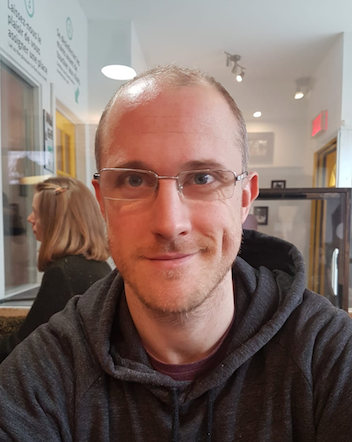My research lies at the intersection of high-level mathematics and data sciences. I explore mathematical properties of advanced processing tools for the reconstruction and the synthesis of naturally-occurring sparse signals. This includes contributions to probability theory (sparse stochastic processes), optimization theory (sparsity-promoting spline reconstruction methods), together with applications in signal processing (inverse problems, segmentation, detection, CNNs). To a larger extent, I expect applied mathematics and advanced signal processing to play a key role in the future developments that will take place in data sciences.
Fields of expertise: Sparsity, random processes, approximation theory, splines, convex optimization, functional analysis, signal and image processing.Employment
2021-: Scientific Collaborator at EPFL, member of Prof. M. Vetterli's group
2020-2021: Postdoctoral researcher at McGill University, member of Prof. Christian Genest's group
2019-2020: Postdoctoral researcher at Harvard University, member of Prof. Yue M. Lu's group
2017-2018: Postdoctoral researcher at EPFL, member of the Chair of Statistical Field Theory and the Biomedical Imaging Group
Education
2012-2017: Ph.D. in Electrical Engineering at Ecole polytechnique fédérale de Lausanne
2007-2012: École Normale Supérieure, Section Mathématiques, Paris, France
2011: M.Sc. Mathematics, Vision, and Learning in ENS Paris-Saclay, France
2009: M.Sc. in Probability and Statistics at Université Paris Orsay, France
Awards
2019: Best Paper Award at the MIDL Conference with V. Andrearczyk, V. Oreiller, X. Montet, and A. Depeursinge
2018: EPFL Best Doctorate Award
2017: Outstanding PhD Thesis Distinction in Electrical Engineering, EPFL
2013: Education Award from the Life Science Department (with team), EPFL
Grants
2020: Postdoc.Mobility fellowship of the Swiss National Science Foundation for the project Mathematical Models for Analog Data Sciences: the Continuous Way
2018: Early Postdoc.Mobility fellowship of the Swiss National Science Foundation for the project Probabilistic and Variational Methods for Sparse Signals: the Road To Unification
